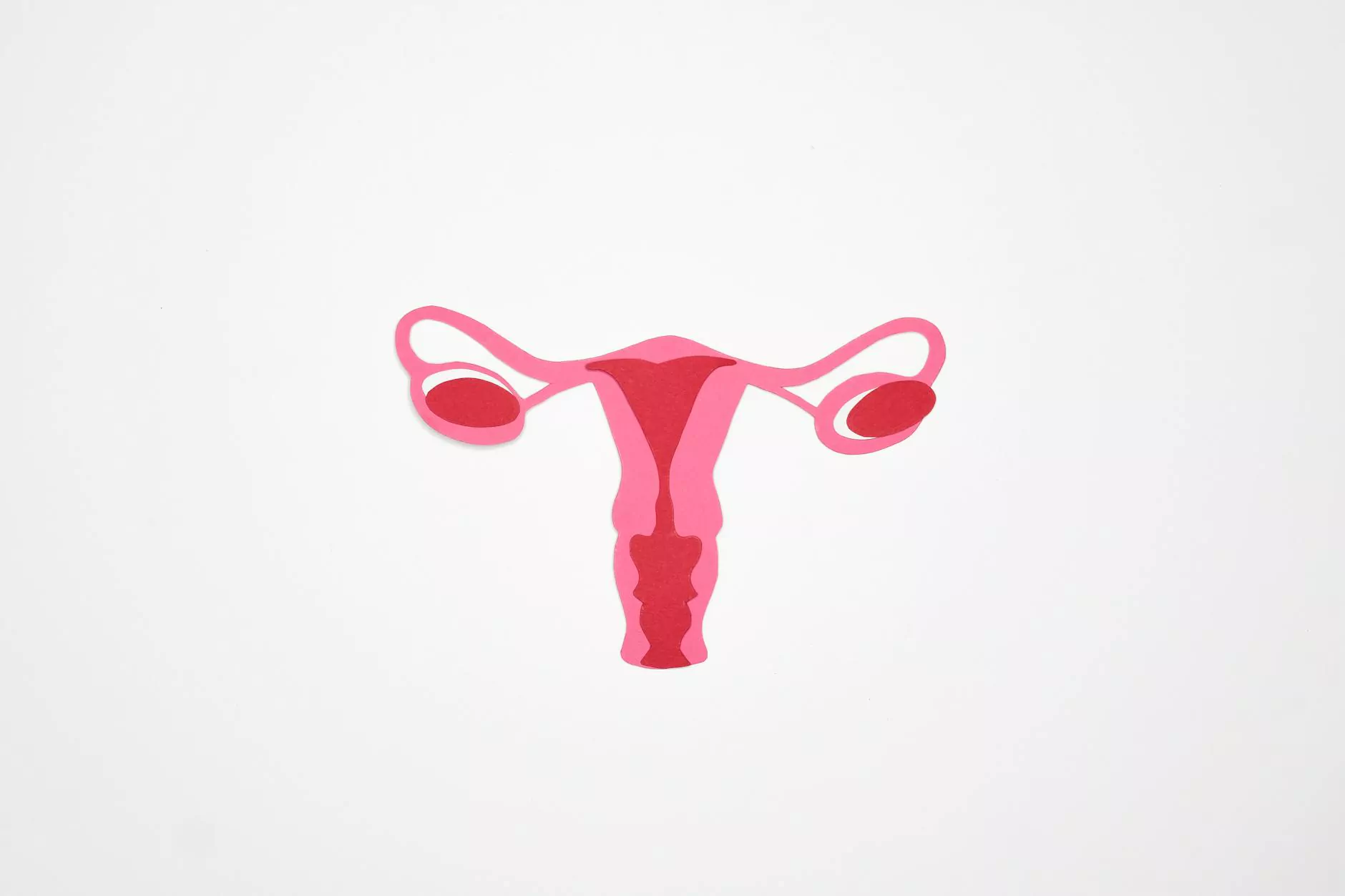Understanding the Risk of Ovarian Cancer after Total Hysterectomy

When it comes to women's health, few topics are as complex and significant as the implications of surgical procedures like hysterectomy. In particular, many women and healthcare professionals are concerned about the risk of ovarian cancer after total hysterectomy. This article aims to delve into this critical subject, offering a detailed examination of total hysterectomy, ovarian cancer risks, and what women need to understand for informed health choices.
What is a Total Hysterectomy?
A total hysterectomy is a surgical procedure that involves the removal of the uterus and the cervix. In some cases, the ovaries and fallopian tubes may also be removed, a procedure known as a salpingo-oophorectomy. This surgery is commonly performed for a variety of reasons, including:
- Uterine fibroids
- Endometriosis
- Abnormal uterine bleeding
- Uterine prolapse
- Gynecologic cancers
Understanding Ovarian Cancer
Ovarian cancer is a serious health issue that arises when malignant cells form in the tissue of the ovaries. Understanding its risk factors is essential for prevention and early detection. The primary types of ovarian cancer include:
- Epithelial ovarian cancer: The most common type, arising from the outer surface of the ovary.
- Germ cell tumors: Tumors that begin in the cells that produce eggs.
- Stromal tumors: Cancers that arise in the connective tissue supporting the ovary.
Exploring the Connection: Hysterectomy and Ovarian Cancer Risk
One of the significant questions for women undergoing a total hysterectomy is whether the procedure influences the risk of developing ovarian cancer. Current research provides a mixed but informative view.
Reduced Ovarian Cancer Risk
In cases where a total hysterectomy includes the removal of the ovaries, the risk of ovarian cancer after total hysterectomy is virtually eliminated, since the source of ovarian cancer is removed. However, women who have their uterus and cervix removed but retain their ovaries may still have some risk factors to consider:
- Age: Ovarian cancer risk increases with age, especially in women over 55.
- Family History: A history of ovarian or breast cancer in the family can significantly increase risk.
- Genetic Predispositions: Women with BRCA1 or BRCA2 mutations are at higher risk.
Informed Medical Decisions
Healthcare providers often conduct a thorough evaluation before recommending a hysterectomy. It's crucial for patients to engage in discussions about the risk of ovarian cancer after total hysterectomy and the potential need for preemptive measures such as oophorectomy (removal of ovaries). By understanding the benefits and risks of ovarian preservation versus removal, women can make decisions that best suit their health needs.
Long-Term Health Considerations Post-Hysterectomy
While the risk of ovarian cancer after total hysterectomy can be reduced, other health considerations must be addressed. Women should also be aware of potential hormonal changes and the impact on quality of life. Post-operative symptoms may include:
- Menopausal symptoms if ovaries are removed
- Changes in sexual function
- Psychological impacts from the surgery
Follow-Up Care and Monitoring
Regular follow-up care is essential for women who have undergone a total hysterectomy. Healthcare providers should monitor for any complications and provide guidance on health maintenance. Testing and screenings that may be necessary include:
- Regular pelvic exams: Even after a hysterectomy, pelvic health should be regularly assessed.
- Screening for other cancers: Family health history may necessitate screenings for breast or colon cancer.
- Hormone level checks: Monitoring hormone levels is crucial if ovaries were removed.
Conclusion
The conversation surrounding the risk of ovarian cancer after total hysterectomy is complex and nuanced. Understanding this risk enables women to take a proactive approach to their health. It is vital for patients to have open dialogues with their healthcare providers to fully comprehend the implications of their surgical options. Ultimately, informed decisions lead to better health outcomes.
By staying educated about ovarian cancer, its risk factors, and the role of surgical interventions like hysterectomy, women can empower themselves to navigate their health and wellness with confidence. Remember that every woman's journey is unique, and the best course of action is one tailored to individual health needs and family history.
For more personalized information and guidance, consider consulting with specialists such as those at drseckin.com. They can provide expert insights into individual health concerns, help assess risks, and support informed decision-making.









